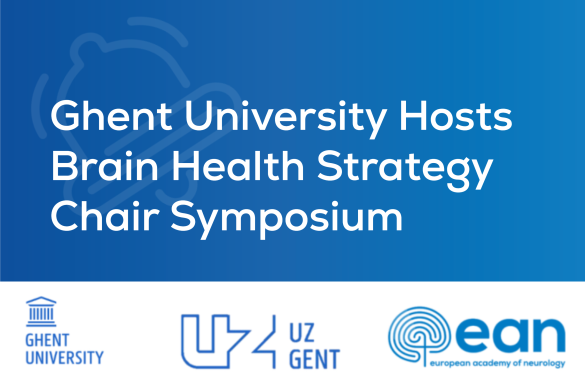by Viktoria Papp
Each month the eanNews editorial team reviews the scientific press for recently published papers of outstanding interest to neurologists. Below we present our selection for August 2024.
1. Long-term colchicine for the prevention of vascular recurrent events in non-cardioembolic stroke (CONVINCE):a randomised controlled trial. (Lancet.)
The CONVINCE trial was a randomised, parallel-group, open-label, blinded endpoint, controlled phase 3 trial assessing the potential benefit of long-term anti-inflammatory therapy in addition to the guideline-based usual care in the reduction of recurrence of vascular events after ischaemic stroke. The eligible participants were treated either with low-dose colchicine orally plus guideline-based usual care or the usual care alone. The outcomes of interest were the first recurrent fatal and non-fatal vascular event. The intention-to-treat analysis included 3,144 participants. Due to the COVID-19 pandemic, the study finished before reaching the planned number of outcomes that effected the results. Outcomes occurred in 338 patients; 153 (9.8%) of 1,569 patients in the colchicine plus usual care group and 185 (11.7%) of 1,575 patients in the usual care group (incidence rates 3.32 vs 3.92 per 100 person-years; hazard ratio 0.84; 95% CI: 0.68–1.05, p=0.12). Despite the statistically insignificant trial results, the overall findings point in the same direction as previous evidence highlighting a rationale for further clinical trials with colchicine for secondary prevention after stroke.
2. Tirzepatide for the Treatment of Obstructive Sleep Apnea and Obesity. (N Engl J Med.)
Tirzepatide, an antidiabetic medication acting as a glucose-dependent insulinotropic polypeptide (GIP) receptor and glucagon-like peptide-1 (GLP-1) receptor agonist was tested in moderate-to-severe obstructive sleep apnoea and obesity in two phase 3, double-blind, randomised, controlled trials. The trial 1 included adults with obstructive sleep apnoea (OSA) who were not treated with positive airway pressure (PAP) at baseline while in trial 2, patients with OSA treated with PAP at baseline were enrolled. Tirzepatide was assigned in two doses and compared to place. In both trials, tirzepatide significantly reduced the apnoea–hypopnea index (AHI) up to 29.3 events per hour (58.7% reduction from baseline) compared to the placebo group (up to 5.3 events per hour; 3.0% reduction from baseline). Beside this clinically relevant reduction of hypoxic periods, tirzepatide led to a decrease in blood pressure, inflammation and body weight. The trial’s promising findings provide evidence for the benefit of tirzepatide in the treatment of moderate-to-severe obstructive sleep apnoea and its cardiovascular risk factors.













